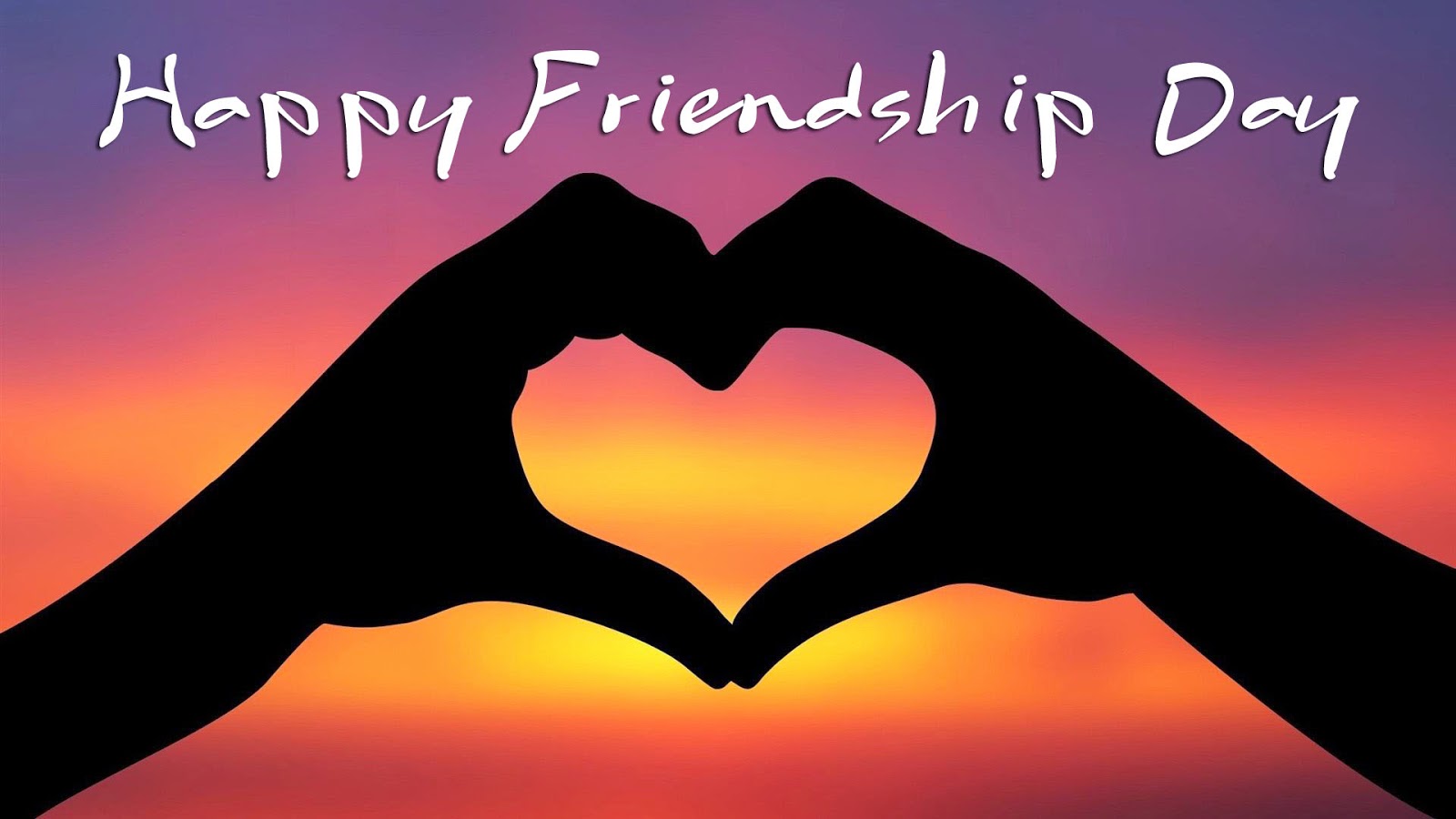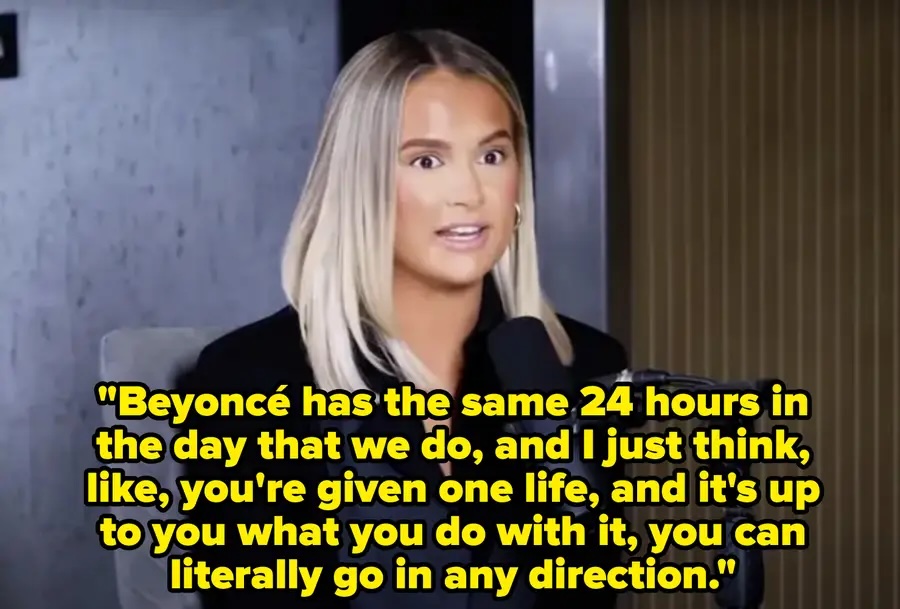On Friendship And Its Undervaluation

There is a degree of inaccuracy and vagueness about the word ‘love’ in English. Its meaning very much depends on the context in which it is used. The type of ‘love’ I feel for my friends is different from the type of ‘love’ I feel for my parents, and yet by using this catch-all phrase, we ignore that nuance.
But that is not the case in all languages. In Sanskrit, there are 96 words for ‘love’, each one denoting a different form of the emotion (from maternal love to an intense love affair to the varying levels of affection we feel for someone at the start of a relationship) and thus conveying its rich diversity.
The same is the case in ancient Greek, which divides ‘love’ into four different categories: storge (familial love), philia (friendship), eros (romantic love) and agape (spiritual love). In 1960, the British writer C.S. Lewis published a book examining these four types of love and assessing their perceived importance in modern society, coming to the conclusion that we value friendship the least because it serves no evolutionary function.

“Friendship is… the least natural of loves; the least instinctive, organic, biological, gregarious and necessary,” he says. In other words, it lacks the erotic impulses or reproductive purpose that romantic love is characterised by, nor is it bound by an innate sense of tribalism, as with familial love. Instead, we choose our friendships freely out of our own personal desire for affection and joy.
At least in mainstream, heterosexual culture, we tend to consider the acquisition of romantic love as the ultimate goal, expecting it to fulfil all our social, emotional and intellectual needs. Similarly, family obligations are usually seen as the most important social commitments you can make, with rituals such as Mother’s Day and Father’s Day further celebrating the familial bond. Friendships, by contrast, have no significant cultural celebrations; they are deemed somewhat luxurious, more commonly associated with youth, and less of a priority once our careers take off.

It is on this final point that the feminist critic Shon Faye adds another layer to Lewis’ argument. In her book ‘Love in Exile’, written sixty-five years after ‘The Four Loves’, she points out that the ascendency of late capitalism in the 21st century has rendered friendship useless in more ways than one:
“It's not so much that friendship has no ‘basis in nature, but that it is of very little benefit to capital… The neoliberalism that dominates our age specifically emphasises individualism over community for the purposes of creating competition… In this world, friendship, an elective relationship entered into only for the purposes of mutual affirmation and pleasure, is an affront to productivity.”
Friendship undermines the capitalist structures that place us at odds with one another. Without friendship, we grow from individualised units competing for love interests into family units striving to make the best life for our offspring. Inevitably, we buy more and work harder. With friendship, on the other hand, we invest time and attention into outlets that do not “produce profit for employers nor reproduce a family unit in which to raise new workers”, as Faye writes.

This, in part, is why we have seen an erosion of the institutions that maintain these platonic bonds. ‘Third spaces’, as they have been referred to a lot recently, are places beyond home and work where people can socialise and create communities, such as places of worship, trade unions, libraries, working men’s associations, youth, leisure and sports clubs.
Social media might have been marketed as a new institution where these platonic bonds are formed and maintained, but it is, in fact, a simulation of these spaces, paradoxically placing us in even more isolation and sucking our attention into activities that once again make profit for advertisers.
Elsewhere, the ‘hustle culture’ that is often associated with Gen Z (think: Molly Mae telling Steven Bartlett she didn’t have many friends and would “rather just focus on making money and being successful”), perpetuates society’s devaluation of friendship by promoting productivity and personal gain at its expense.

Some have gone so far as to say that friendship is a radical act. “Every time we hang out with our friends, we’re not participating in the market and we are undermining the structures that make our lives so much more difficult, precarious and lonely,” author Kristen Ghodsee told i-D. Friendship, in essence, detaches us from capitalism.
Maybe it is because friendships are not clouded by natural instincts that they can be so steady, so nurturing. In some ways, they are the most rational form of love because we have complete control over them. We choose our friends freely, and we can choose when we no longer want them as friends. Friendships are a hobby, a passion; the stuff that gives life colour. We don’t need them. But life would be a whole lot duller without them. Perhaps then, we should start giving them more credit.
